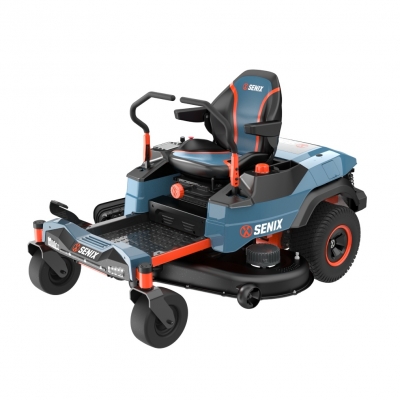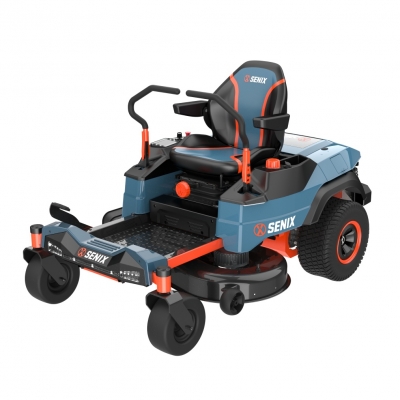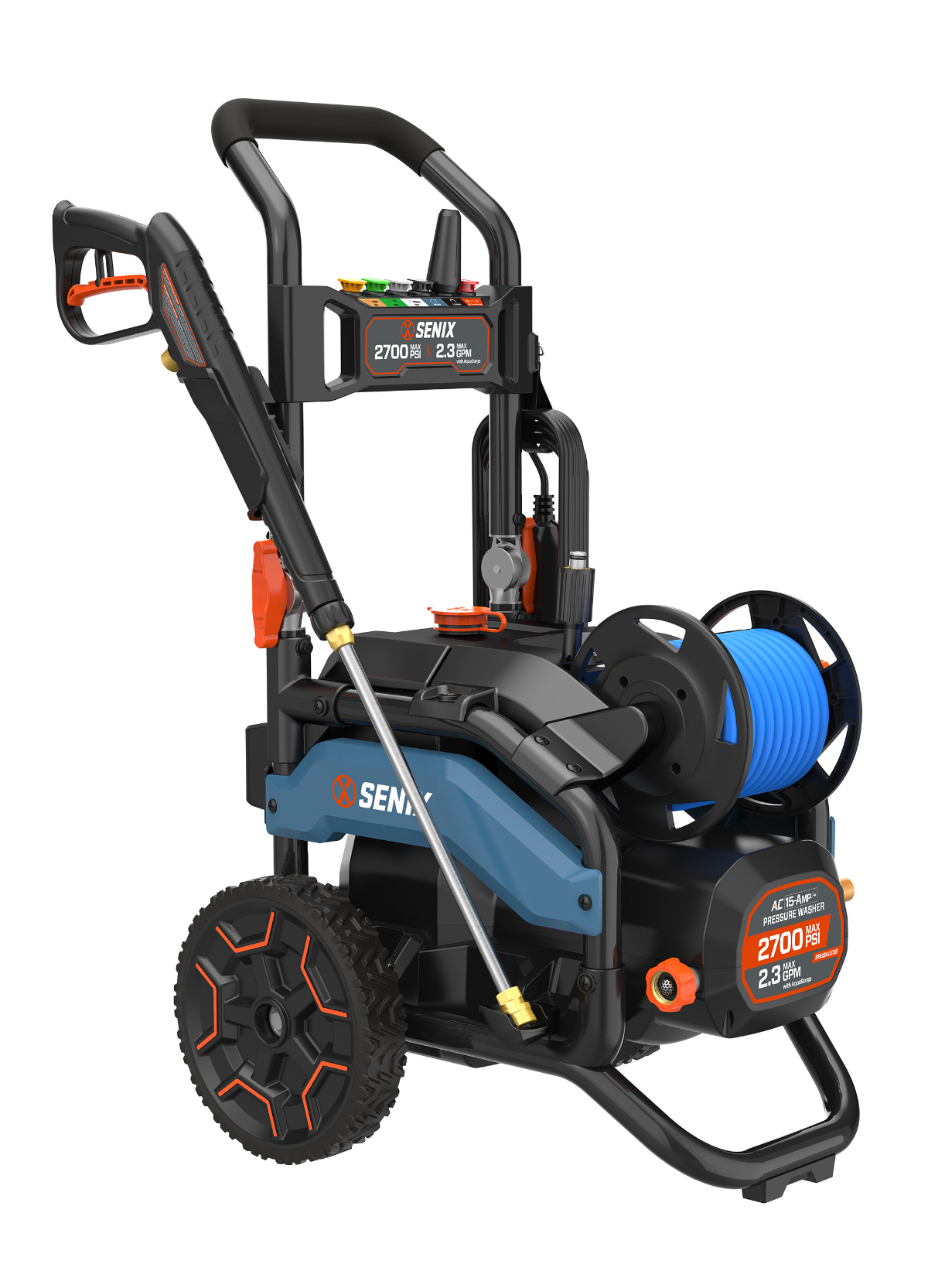Power Washer vs. Pressure Washer – What’s the Difference?
Power Washer vs. Pressure Washer
Feature | Power Washer (Hot Water Pressure Washer) | Pressure Washer |
Water Temperature | Uses hot water (130°F–200°F+) | Uses cold or unheated water |
Power | Higher (great for grease) | Medium to high |
Applications | Industrial, commercial | Residential, outdoor |
Cost | Higher | Moderate |
Pressure Washer
Pressure washers are more versatile for light- to medium-duty cleaning and are suitable for a wide variety of residential and small business tasks. They are effective at removing dirt, mud, algae, and light stains from a range of surfaces such as brick, vinyl siding, concrete, and wooden decks. Most pressure washers come with interchangeable nozzles that determine the spray angle and force of the water stream.
How It Works: Combines a motor/pump to shoot cold water at high PSI (typically 1,300–4,000+).
Best For: Everyday home tasks—cleaning cars, patios, siding, and outdoor furniture.
User-Friendly: Lightweight electric models are ideal for beginners; gas-powered versions offer more muscle.
When to Use a Pressure Washer:
General home maintenance: sidewalks, decks, and driveways
Fence and patio cleaning
Removing mold, mildew, algae, or dirt from siding
Washing cars, boats, and outdoor furniture (using appropriate nozzles)
Cleaning outdoor tools, lawn mowers, and small construction equipment
Power Washer
Power washers, also called hot water pressure washers, incorporate a heating element to raise water temperature to 200°F (93°C), making them ideal for cutting through oil, grease, and sticky grime. A hot water pressure washer is typically what people mean when they say "power washer."
How It Works: Heats water internally (like a portable water heater) while maintaining high pressure.
Best For: Industrial or commercial jobs—degreasing garage floors, stripping oil from machinery, or sanitizing food trucks.
Power Source: Almost always gas-powered to sustain heating capabilities.
When to Use a Power Washer
Oil-stained garage floors and driveways
Greasy restaurant or commercial kitchen equipment
Industrial equipment and heavy machinery
Prepping surfaces for painting or epoxy coatings
Commercial cleaning contracts requiring sanitization or degreasing
Practical Cleaning Tips
Always start with the widest-angle nozzle and move closer gradually.
Avoid pointing the spray upward into siding or shingles to prevent water intrusion.
Never use a power washer on delicate surfaces like wood decks without confirming compatibility.
Keep a safe distance (2–3 feet) from the surface and adjust as needed.
After use, release pressure, disconnect hoses, and store the unit in a dry place.
Conclusion
Pressure washers and power washers look similar, but they are designed for different purposes. Pressure washers use hot water and more pressure, making them ideal for industrial stains and disinfecting needs. Pressure washers use cold water, are easier to operate, and are ideal for most home applications. SENIX pressure washers are a good balance of power and electrical application, making them ideal for home users who want to be more efficient with their daily cleaning applications.

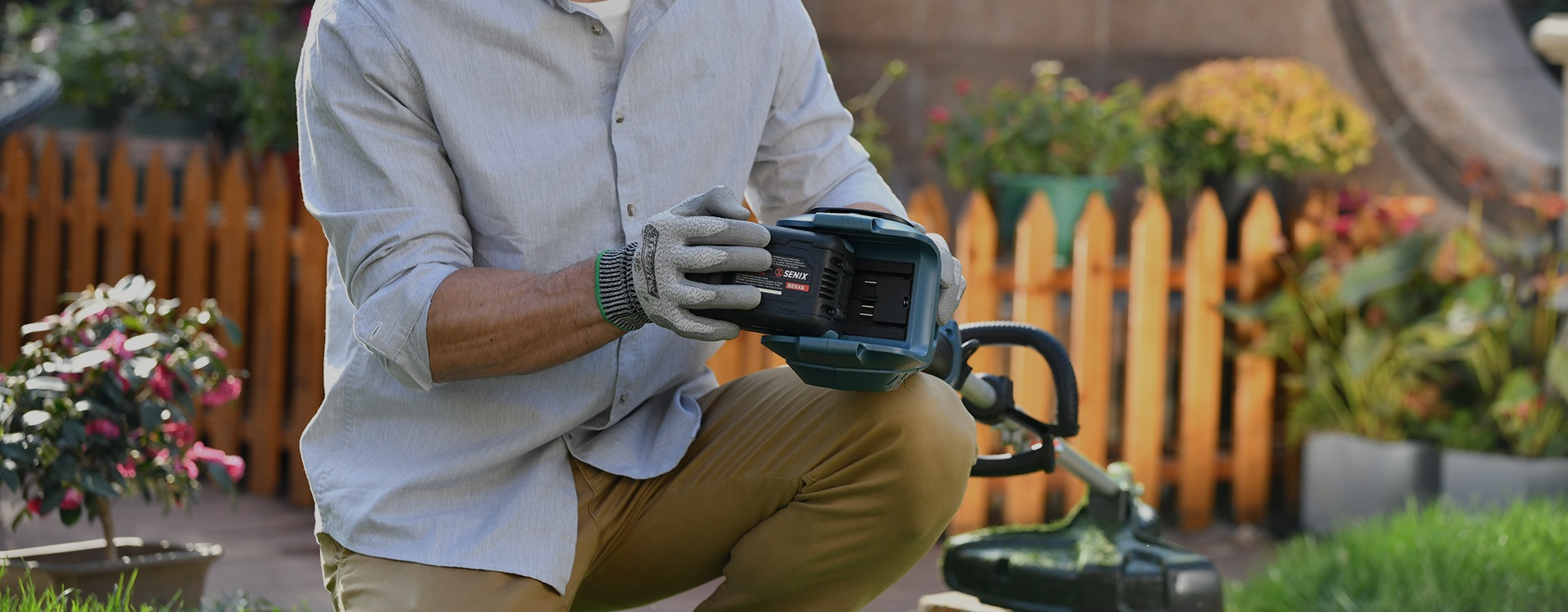
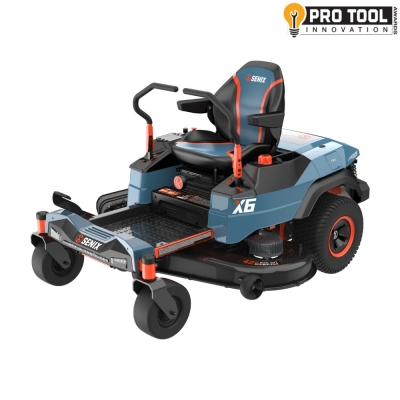
 (5.0)
(5.0)